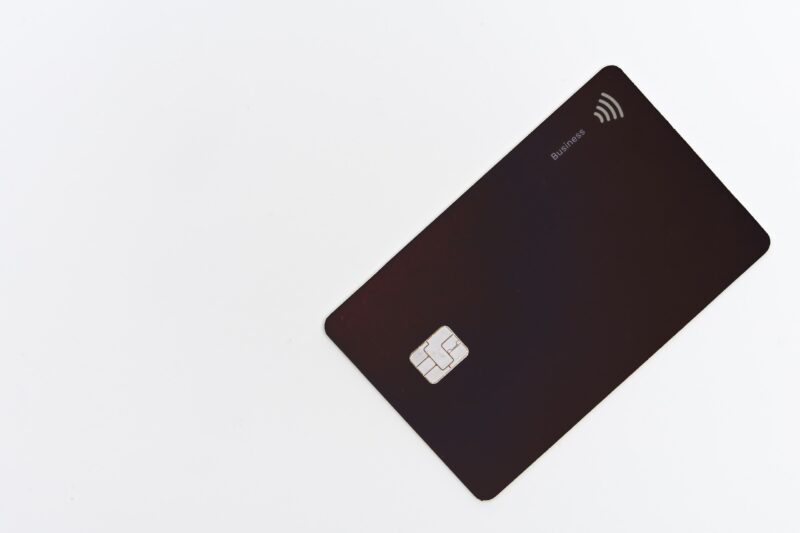How to Build a Credit Score for Buying a Home
When it comes to buying a home, the overwhelming majority of us do so by putting down a deposit and borrowing the rest with a mortgage. And to secure the mortgage on your property, you will need a decent credit score.
Free 30 days listings on:
- ✓ Rightmove
- ✓ Zoopla
- ✓ Mashroom
In short, your credit score or rating is an illustration of how you’ve managed your finances over the years. It takes into account the money you’ve borrowed, repayments times, missed payments, and your credit to debt ratio.
The higher your credit score, the greater the chance of not only getting a mortgage deal, but more importantly, a better deal on your mortgage. So, with that in mind, we’ve put together this guide to help you build up a good credit score.
How to check your credit score
Before setting off onto the glory road of great credit scores, first you need to see your current report.

You can request a credit report from credit referencing agencies such as Equifax or Experian. The online credit checks are not only easy and straightforward to do, but also free, and finding out about your current credit score will give you a clear view of what you need to improve on (if anything).
Your credit score can be linked to someone else
To improve your credit score, make sure that you have no outstanding financial links to other people, especially ones that have the potential to – or are actively – bringing your credit score down. If you are part of a joint account, the other person’s credit score can affect yours, and so you should give serious consideration to terminating any unwanted links if their credit is bad.
Make sure all the information on your credit report is correct
A rather elementary, though often overlooked and costly mistake in building up a credit score is simply the fact of checking that all the information you have shared is correct. Once you have requested a credit report, double check that all the information listed on it is correct.
If any of your payments or other records seem incorrect, get in touch with the credit referencing agency to rectify the mistakes as well as update any new information. Mistakes or unrecorded payments can have a long-lasting impact on the mortgage rates that are available to you.
Pay your bills with direct debits
Paying your bills by direct debit can be a means of avoiding a low credit score. Missing a payment can leave a negative mark on your credit report, bringing the overall score down. However, you can avoid such a scenario by using direct debit to pay your bills.
In addition, if you are able to foresee your own inability to make a certain payment, it will be in your best interest to contact your creditor prior to defaulting. Hopefully a repayment plan can be arranged and you won’t need to worry about your credit score being affected. Ideally however you should always try your best to pay your bills on time as this will reduce the potential of your having a low credit score.
Make your vote count in more ways than one
Registering to vote is one of the least obvious and easiest ways of improving your credit score. By registering to vote (which only takes a few minutes), your credit score automatically improves. This is because credit lenders see it as a sign of stability and a means by which it is easier for them to confirm your identity.

In joining the electoral roll, you can improve your credit score by 50 points, which can be the difference between a ‘good’ and ‘excellent’ score – a difference which will make you eligible for better rates on your mortgage. Plus, you know, you also have the democratic right to make your opinion count in the polls.
Get a credit card – and pay it off in full each month
Proving you can manage debt is another way of improving your credit score. For example, having never previously opened a credit account could be suggestive of your inability to manage debt responsibly.
This in turn could significantly impact your credit rating and bring it down.To avoid this, it is worthwhile to get a credit card and repay the balance on a monthly basis, which will slowly but surely improve your credit score.
It doesn’t need to be a large amount that you spend on the credit card each month, even just one purchase each month that you regularly pay off will help.
Pay off outstanding debt
Pay off any outstanding debt before you consider applying for a mortgage. In doing so you will significantly improve your credit score and make available a better mortgage rate, as banks will be more reluctant to lend you money if you already have a significant amount of debt to begin with.
In covering some or all of the steps listed above, you should be able to significantly improve and build up a healthy credit score that will prove vital to obtain the best mortgage rates for buying a home!
If you want to know more about how a credit rating affects your chances of borrowing a mortgage, speak to one of our advisors. It’s completely free, and they will be happy to help out with whatever you need.